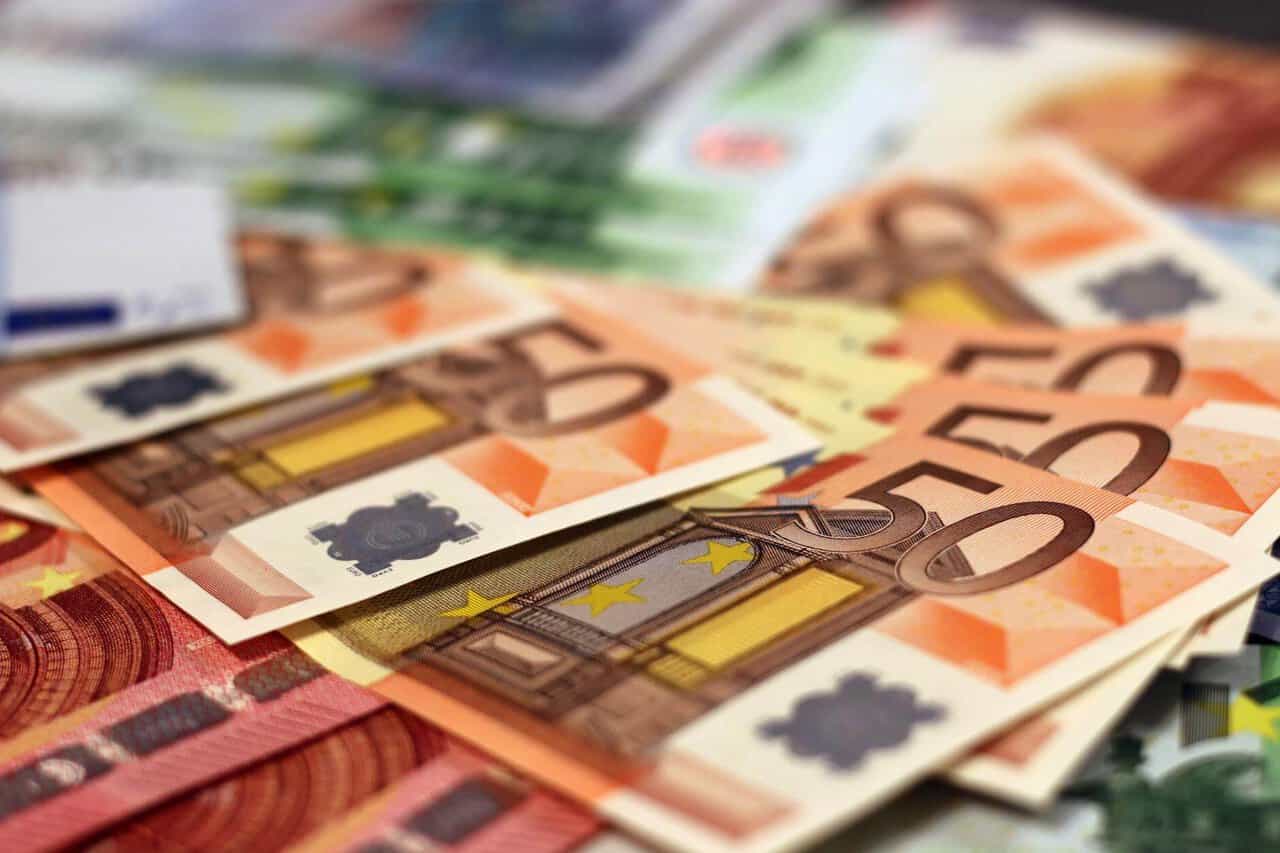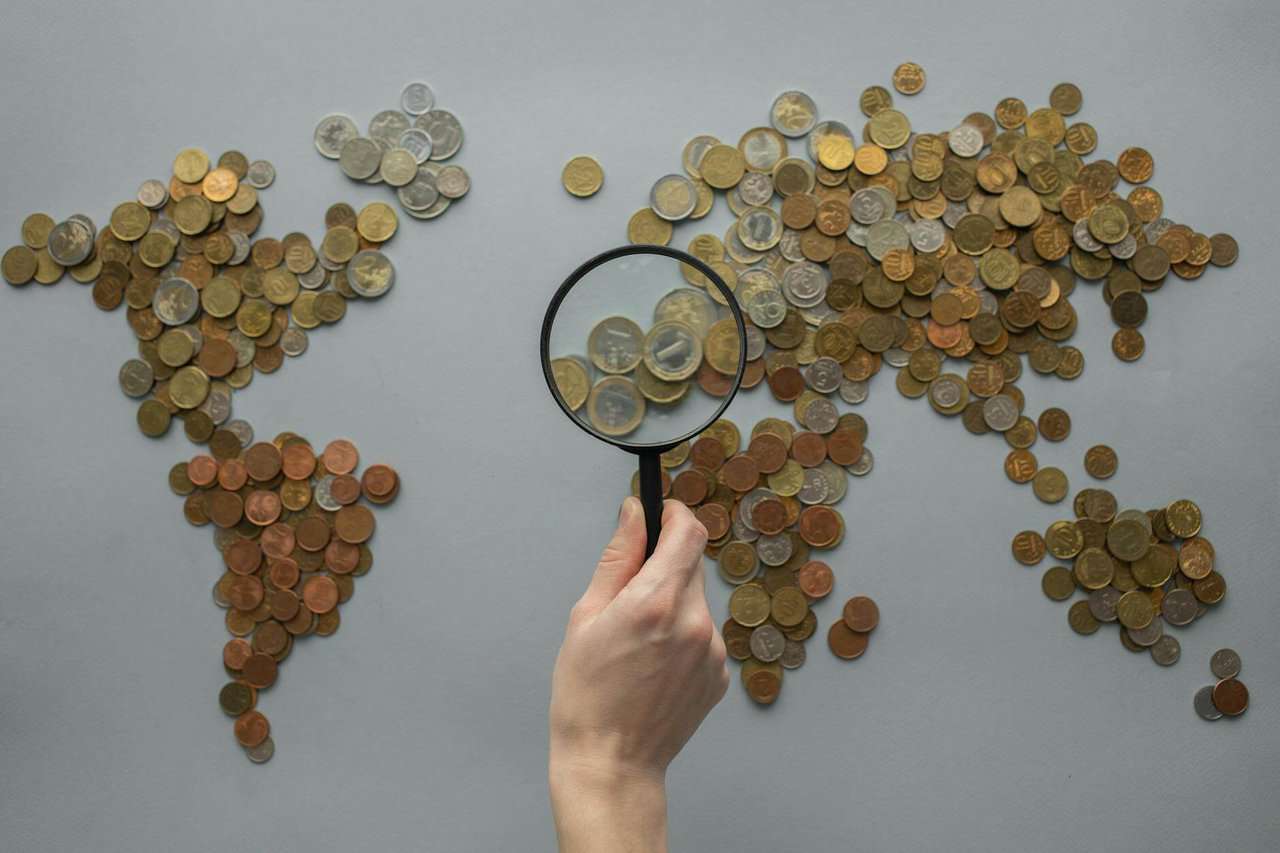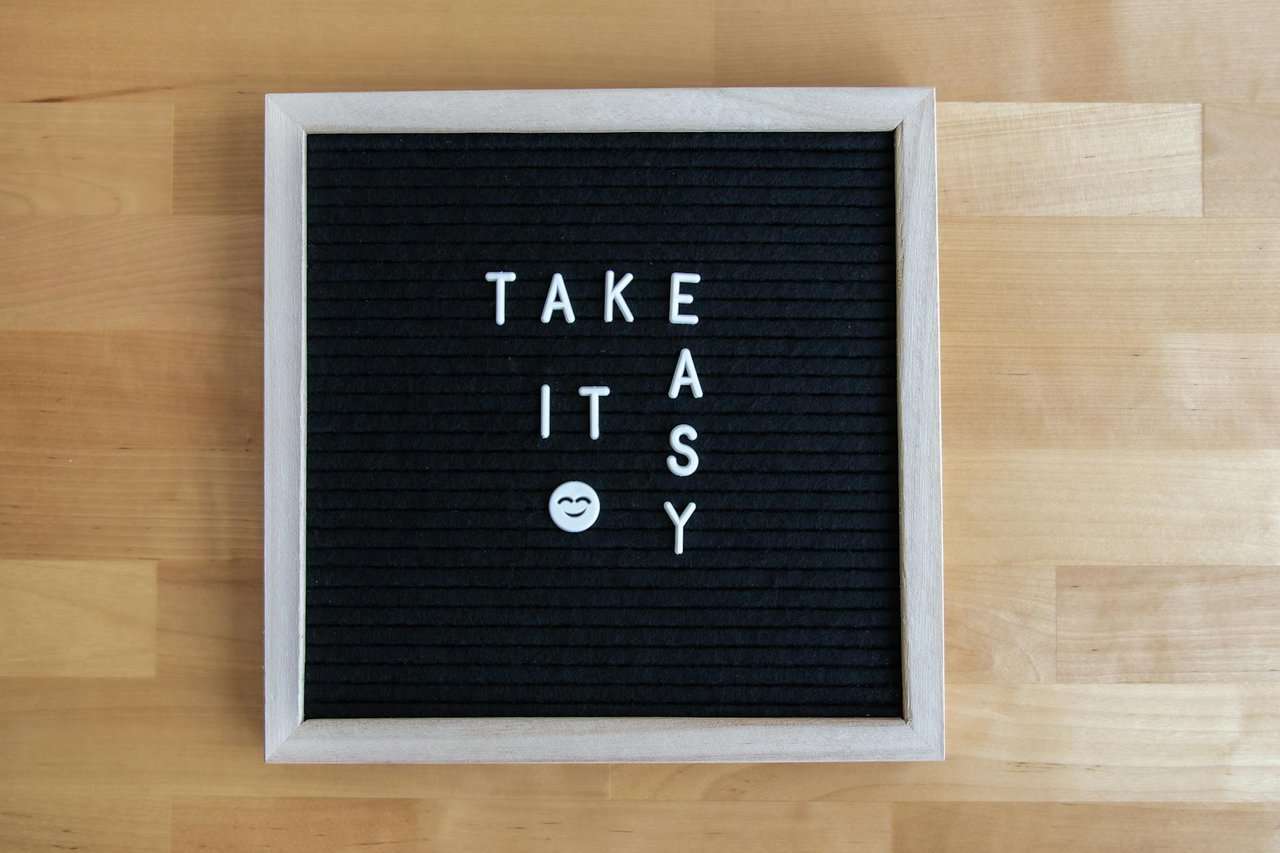After traveling the last few decades I have three important tips for how to handle money while traveling and avoid those dreaded international ATM fees.
You will learn which debit card to use while traveling, which high-interest savings account to use and where to store your money while abroad.

Questions I’ve been asked on how to handle their money while traveling:
“I hate paying ATM fees in foreign banks, how can I avoid this?”
“Where should I store my money?”
“What should I do if I can’t use an ATM?”
Many people make these common mistakes when traveling. We know…. as I have made them myself!
- You bring $1000 in cash overseas and exchange it at the airport
- You are constantly nervous that you may get mugged since you have so much cash on you
- You only bring an AmEx credit card with you (American Express is not accepted worldwide, the name should have given that away)
- You pay $300 or more in foreign transaction fees when taking money out of the ATM and exchanging your money in banks or airports
Don’t be like these people (AKA me when I first started traveling). Follow these tips so you don’t lose any hard-earned money!

Own more than one checking and savings account
You most likely already have one of each account in your home country, but it is essential to have a second one of each, just in case you run into a situation where you cannot access your money in one of your home accounts.
Checking Account Tip:
Open a second checking account to use at the ATM and cash machines.
I suggest opening a Charles Schwab checking account. They offer 100% reimbursement on ALL ATM fees.
Not only do you save on ATM fees, but if your money gets compromised in your home bank while you are away, you will have a backup plan to withdraw money, if needed.
Savings Account Tip:
Open a second savings account to store the money saved for the trip.
Gone are the days of going to the bank to open an account. The magic of the World Wide Web allows up to handle all your banking needs online.
There are many websites to choose from, but I use Ally.com for my savings account. They offer a 4% flat interest rate all the time, and you can easily move your money from your home bank to the online bank.
Pro Tip: It does take a few days to move the money, so make sure you move it BEFORE you leave and not WHILE you are landing at the airport.

Tip #2: Don’t freak out
There is going to be a situation where you screw up. Either you assume that every country uses the Euro (like I did when traveling from Germany to Budapest) and you show up late at night and all of the banks have closed. Or you try to use your ATM in every machine in a 5-block radius, and it’s not working.
If you have a second debit card with you, your problems will be solved and you can still access your money.
A basic rule of thumb when traveling, is to have a small amount of cash on you. Not every establishment or cab driver will take credit cards.
I am not a fan of wearing a Money Holder under my shirt, but that is a personal preference. I keep my money in my wallet, just like at home in the States.
Tip #4: Research to Keep your Money Safe
Before traveling to any country, research the local crime tips and learn how to handle money while traveling in that location. Supposedly Paris and Amsterdam are known for mugging tourists. I have yet to encounter this type of crime, but to be safe:
- Don’t keep valuables visible or have cash poking out of your back pockets.
- Don’t use ATMs in dark corners or down alleyways. There is usually a bank nearby to dispense cash, which is also well-lit and has cameras.
Final Thoughts
Figuring out your money situation before you leave on any trip will save you a lot of headaches down the road.
Many people come home with woes about what went wrong and how they couldn’t get cash out of an ATM or how they received a poor exchange rate at the airport. It is just unnecessary.
Do your research and test out these rules of thumb in your hometown before heading out on your longer trip!
Additional Travel Tips:
- 13 Powerful Travel Websites to Level Up Your Travel Game
- How to Fly Anywhere for Free (Using Credit Card Points)
- 6 Fun Tools to Help You Remember Your Travels
- 8 Tips for Planning a Getaway with Friends
- 10 Ways to Have Fun in Your Hotel (When it’s Raining)
- 4 Tips on How to Save Money as a First-Time Traveler
Comments are closed.